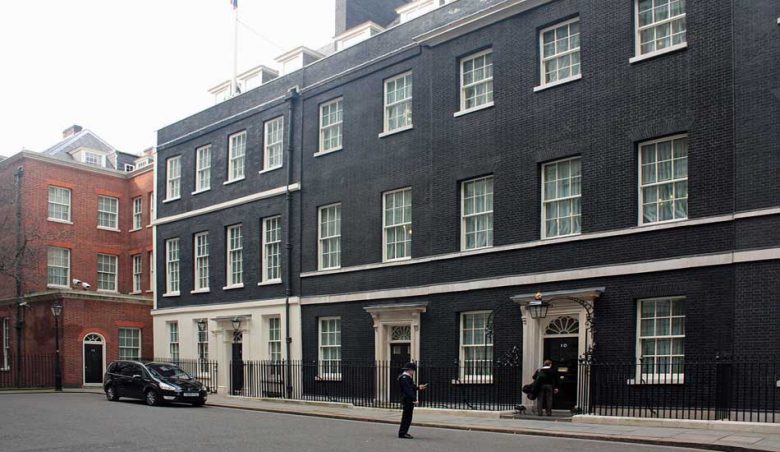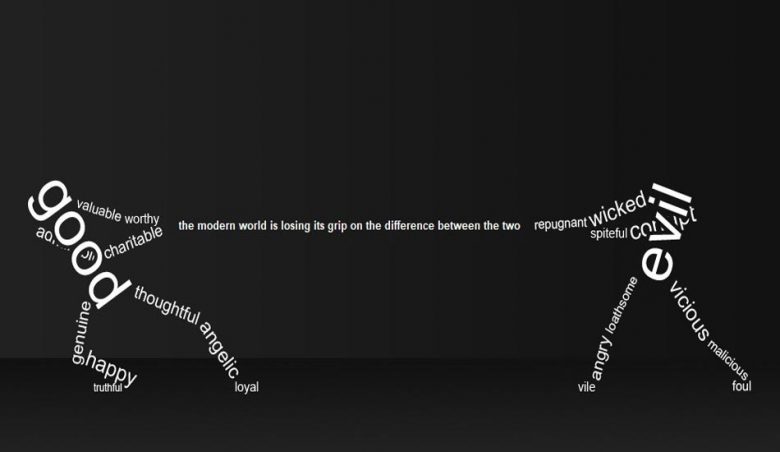There are several reasons why you might consider buying an existing dental practice.
Obvious ones include you wish to expand your existing dental business, you wish to move from being employed by a dental practice to owning your own, and a dental practice may come on the market for an asking price that is just too good to let pass.










